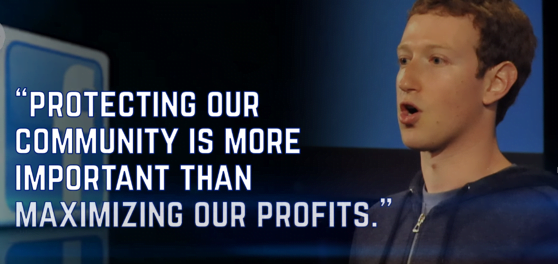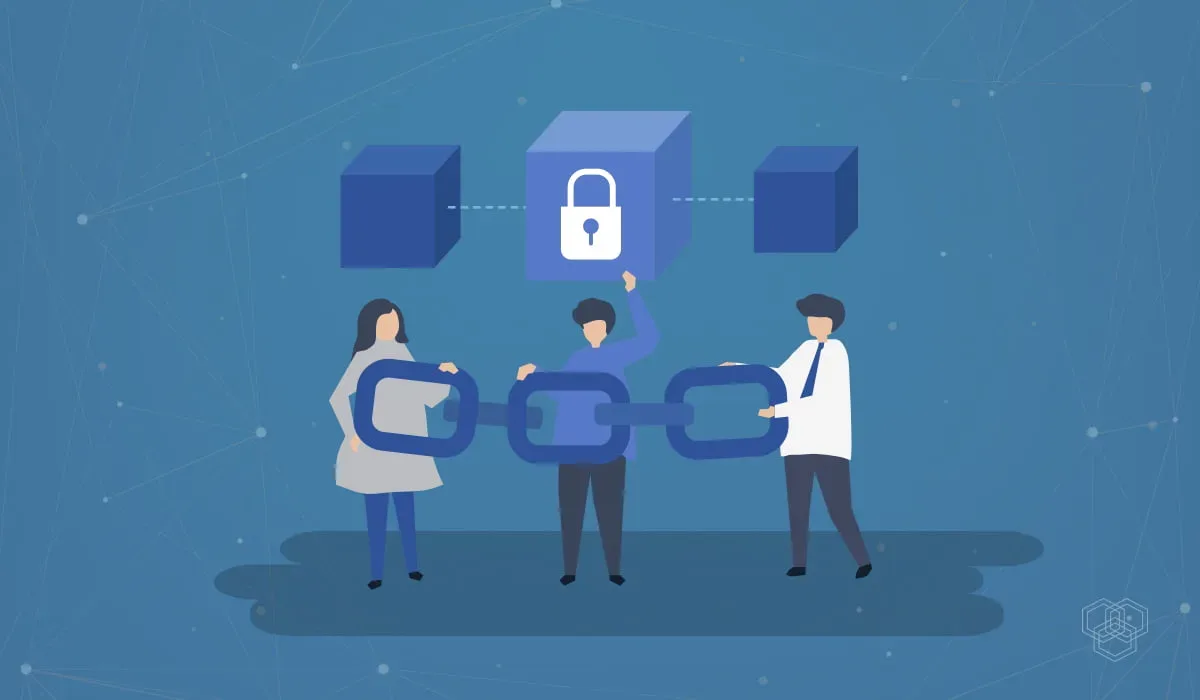The outbreak of the COVID-19 pandemic has changed the world in more ways than one – shops and shopping centers closed, the authorities introduced a limit of people that can do essential shopping at once, and in some places leaving the house was restricted to only necessary situations, like going to the pharmacy.
Many businesses had to switch to remote working within only a few days, creating more opportunities for hackers to steal important passwords and data from their employees’ private computers.
As experts from Bulletproof, a cyber consulting company, notice,
“Hackers now have more time on their nefarious hands and a whole host of new targets in front of them, in the form of a large number of working-from-home employees. With questions over the levels of education around remote working security, and organizations having less security oversight and more compromises in working practices, it’s clear that it is more vital than ever to step up your cybersecurity in these challenging times.”
If you want to find out why exactly cybersecurity became more important than ever before, all you have to do is keep reading.
Increased business dependency on technology
As we already mentioned, the coronavirus pandemic forced several businesses to introduce or enforce the “work from home” policy. In most cases, contact between employees has been reduced to messages, e-mails, and video calls.
What’s more, governments in various countries encourage their citizens to use official websites they have provided to gain information about the current situation or take care of formalities. For instance, in the UK, to avoid flooding phone-based information services with requests, the government instructed the citizens to use official websites for updates.
During those times, when so many institutions are relying on technology and the web, a cyber attack can have almost deadly consequences. If the worst comes to the worst, entire cities might be left offline, with no access to public systems or networks.
Also read: Enhancing cybersecurity for remote working.
Cybercriminals exploit fear and uncertainty.
Hackers and other cybercriminals are using the fact that people are living in uncertainty to their own benefit. Many people are stressed and concerned with the current situation, which results in them making mistakes they wouldn’t have made otherwise. The ‘bad guys’ are using this state of affairs by creating fake websites or emails with dangerous links on them – the subject matter of those sites is usually hot topics at the moment – just like coronavirus right now.
The perfect example is the recent cyber attack targeted towards people looking for visuals showing the spread of coronavirus. Hackers concealed the malware in a map displaying COVID-19 statistics from a legitimate website. The viewers were asked to download and open an app that allowed the hackers to steal every password they had stored on their device.
People have more time to spend on the internet.
Due to the government’s instructions, many people lost their jobs, which means they have more than enough time to browse the internet. Unfortunately, this also means that they are more likely to fall victim to cybercrime.
Oftentimes, the more time people spend online, the more willing they are to make risky decisions. For example, they are more likely to fall for “free” access to the not-so-legal websites (for example, pirated TV shows or movies), which basically opens the door for malware and viruses.
The bottom line
If anyone told you last year that in a year, there will be a global pandemic going on, you would probably laugh in their face. This proves how unexpected life can be, as the COVID-19 outbreak definitely took many people by surprise, redefining what we consider normal.’
Remote work became nothing unusual – some people have not seen their work colleagues for a few months now, restricting the communication to messages, video calls, and emails.
Many institutions became dependent on technology – much to hackers’ and cybercriminals’ delight, who use this dependency for their own benefit. By hacking into a computer of a remote worker, or a student that uses their laptop for school or university, cybercriminals can easily steal sensitive data, such as the passwords they have stored on their device – and today, a cyber attack can cause a business to crumble.
This is why cybersecurity today is more important than ever and why you need to ensure that all the security measures are in place. Good luck!







Share Your Thoughts